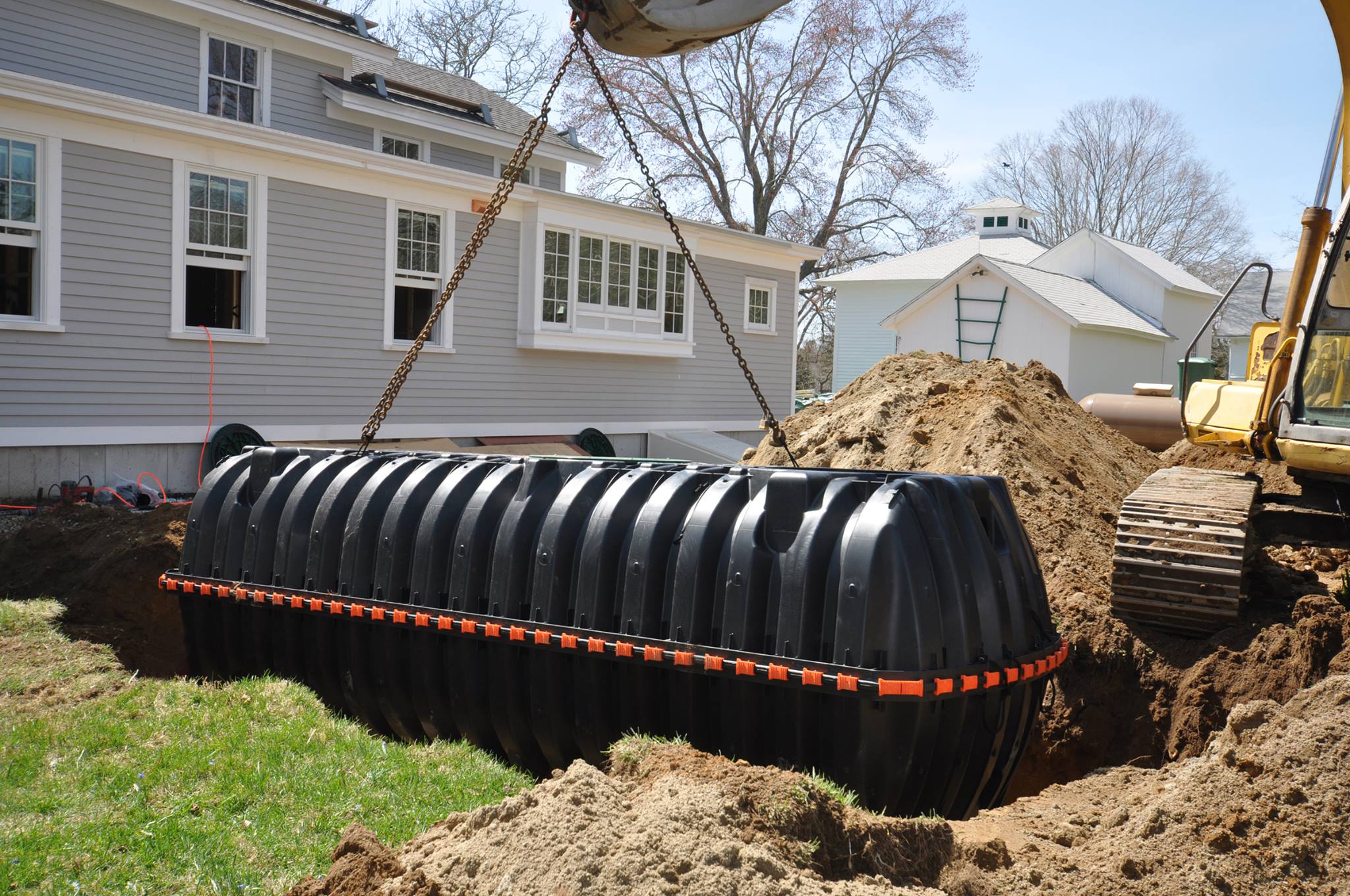The expense of an septic system is one important factor for New Hampshire property and home owners when installing or replacing an septic tank. The Granite State has many advantages, but it also has its own drawbacks. One of them is the risk of costly maintenance costs due to unpredictability of weather and steep terrain. Knowing the cost you should expect to pay for replacing or installing a septic tank can help you determine your budget and ensure that you are prepared for this home improvement task.

Septic systems are an extremely common wastewater treatment method throughout New Hampshire, especially in rural regions where municipal sewer systems are not readily available. However, cost of new septic system can vary depending on several factors, such as the size of the property, the soil condition, and the type of system chosen.
Septic system installation cost
The cost for installing an septic system in New Hampshire can range from $5,000 to $15,000 or more, dependent on the size the property, the type of system used, as well as the soil state. A typical septic tank installation will cost homeowners an average of $8,000
A standard septic system usually includes a septic tank and leach field. The size of the tank and leach field is contingent upon the amount and estimated daily usage of your home’s water. A bigger property or larger water consumption will need a larger tank and leach field, which can increase the cost of installation.
The condition of the soil is another factor that can affect the cost of installing a septic system in New Hampshire. It could be necessary to excavate and prepare the soil if it’s rocky or saturated with water. This can increase the price.
Cost of replacing a tank for septic
Septic systems last between 20 to 30 years. The cost of replacing a septic in New Hampshire ranges from $10,000 to $30,000 depending upon the dimensions, types and condition of the soil.
It’s more expensive repair a septic tank than it is to set up one since you will have to remove the old system. In addition, the cost of replacing a septic tank can differ based on the access to the property and the extent of excavation and the preparation needed.
Cost of Septic System Maintenance
Maintaining your septic system is vital to ensure it works properly and lasts for as long as possible. Regular maintenance involves inspecting and cleaning the septic tanks each 3 to five years.
The cost of maintaining the septic tank in New Hampshire can be affected by the size and area of the property. A typical homeowner will have to pay between $400 and $600 on septic inspections and pumping.
Save money on septic costs
Installation, replacement, and maintenance can be expensive, there are ways homeowners can cut costs on these expenses. Here are a few suggestions to make it easier to save money when it comes to septic system costs in New Hampshire.
Pick the correct type of system: There are many types of septic systems available, including gravity-fed systems, pressure distribution systems as well as aerobic treatment units. Choosing the right type of system for your home and usage of water can to reduce the expense of installation and upkeep.
Regular maintenance Regular maintenance can prevent costly repairs and replacements later at a later date. Schedule regular septic tanks inspections and pumping to make sure the system is working effectively.
Conserve Water In conserving water can lower the work load on the septic and increase its lifespan. Fix leaks, fix running toilets and utilize water efficient appliances and fixtures.
Professional installation: While DIY septic installation might seem economical, it can result in costly repairs and replacements later. A professional can ensure that the installation is done properly and effectively.
In New Hampshire, upgrading your Septic system is an ideal option to keep your home looking the most attractive. With the help of experienced and skilled professionals, this job will be accomplished with no hassle or cost. By doing this, you will get improved performance of your septic system for long time to come. If performed correctly, these upgrades are well worth the cost as undesirable backups, odors or overflows that may occur if it is not maintained can be avoided. Ultimately, upgrading your septic tank or other parts of your system can be beneficial because of its long-term benefits in terms of quality performance. With that in mind, it’s important to partner with an experienced expert who is familiar with the terrain and regulations to carry out the repairs and upgrade in a timely manner, so that you have consistent, reliable service for a long time to come.
